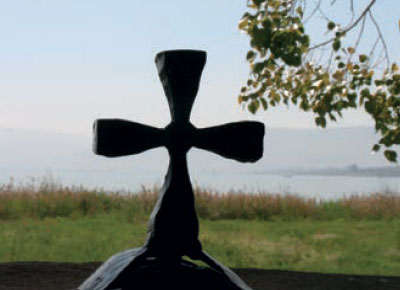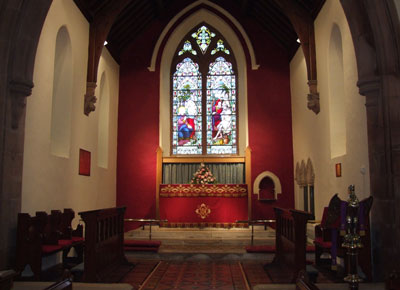Impact of Bishops’ Appeal response to crisis in horn of Africa
In early July 2011, the Church of Ireland responded to the drought in East Africa through its World Aid and Development Programme, the Bishops’ Appeal.
€20,000 was released to Christian Aid for its work and the work of its partner organisations on the ground in Ethiopia and Kenya. This money was used to construct additional water points and to provide emergency water tanks. These extra water points provided a longer term solution to the targeted villages and communities.
The money was also used to distribute food aid to families in remote and difficult to access areas and to provide fodder for livestock so that people’s livelihoods were protected.
An appeal to parishes and individuals around the country went out simultaneously and two months later the Church has collected nearly €19,000 and more than £5,000 for the relief effort in the Horn of Africa. Much of this money has gone to refugee to camps in Somalia, namely Mogadishu and Lower Shebelle. There it has been used to provide access to feeding centres for malnourished children and to carry out needs assessments of refugees.
Still, as repeat appeals are issued across the globe, and the situation continues to deteriorate, Parishes across Ireland continue to diligently raise awareness and send donations to help combat the worst drought and food shortage in East Africa in the last 60 years.
With a strong history of and commitment to disaster relief response, the East African appeal follows in the wake of Church efforts in countries such as Niger, Pakistan and Haiti.
Apart from disaster relief, the three sustainable development strands which the Church of Ireland focuses on are rural development, health and education. In the last 40 years, in the countries now affected in the Horn of Africa, Bishops’ Appeal has invested in a substantial number of sustainable projects, particularly in Ethiopia and Kenya.
In the last five years alone these have included water and borehole projects, agricultural training programmes, agricultural production projects, and fruit and vegetable production. Within these communities where there has been long term investment in development were able to go into survival mode when the crisis hit.
Rather than trying to fix a problem when it reaches crisis point, it is important to listen to communities express their needs and help them address those needs whether or not a disaster strikes. During a crisis, that investment is then the difference between life and death. Indeed when an Ecumenical Meeting of Faith Leaders met regarding the drought, they made a very simple yet profound statement in this regard: ‘Food aid is no substitute for food security.’
A statement from Bishops’ Appeal says: “Despite the tragedy that surrounds natural disasters, the stories of survival and of hope spur us on to continue participating in being part of the solution to global injustice and global poverty. The whole picture may overwhelm us but community by community, project by project, we can be part of a wave of change that transforms people’s lives in a way that will last for generations to come.”
Further donations can be made to: Church of Ireland Bishops’ Appeal, Church of Ireland House, Church Avenue, Rathmines, Dublin 6.
© Copyright The Church of Ireland Diocese of Connor 2024 | Web Design by LD2.digital





